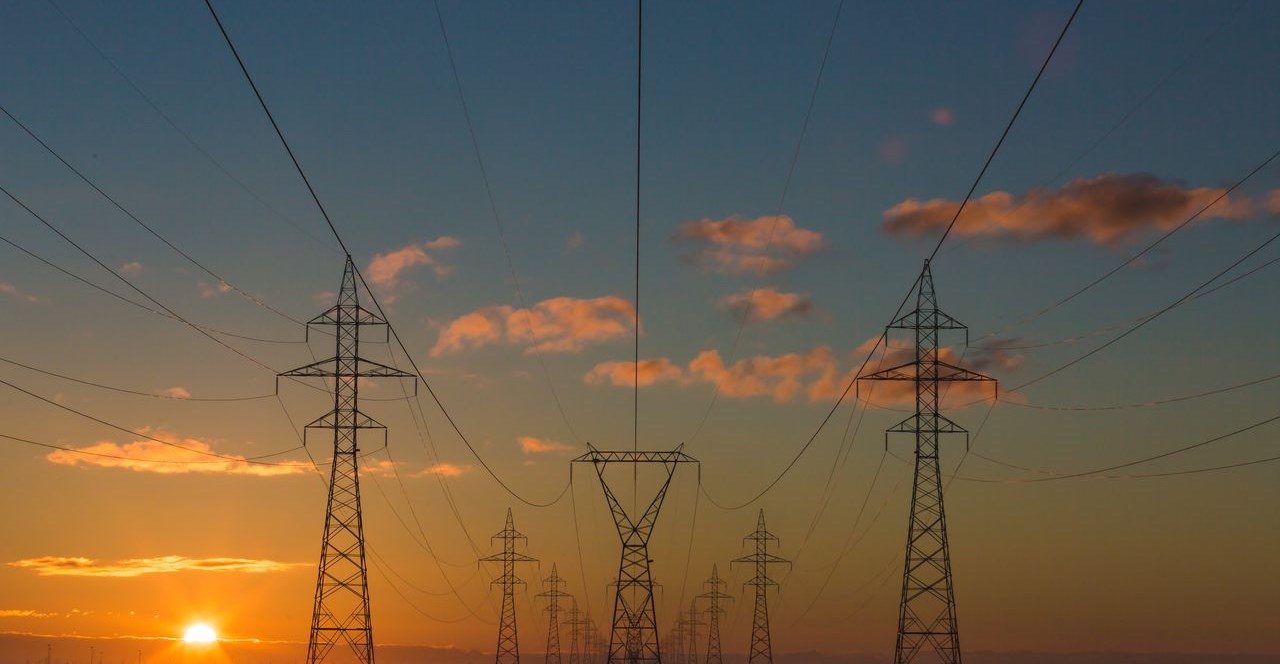The world is in the early stages of a major global energy transition. In Sweden, sweeping changes are underway that are part of the quest for sustainable supply, transformation and use of energy. Major investments in industry and infrastructure are ongoing or planned as part of the development towards greater production of renewable electricity and renewable fuels. This is a historic development that affects essentially all parts of society.
Although the driving forces for such large-scale projects are often linked to efforts to meet climate goals, or market pressures demanding more sustainable products, such endeavours also impose extensive social and economic side effects on different regions. Amongst others things, these can offer extensive employment opportunities and stimulation of business innovation.
However, in order to leverage such opportunities in advantageous ways, rational and well-founded decision-making and planning is required — increased knowledge and competence among energy system analysts about the use and interpretation of MRIO (Multi Regional Input Output) models as a specific focus on has been identified as an important need.
In this project, two PhD students with different academic backgrounds and perspectives will work interdisciplinary and collaborate with public actors and industry to evaluate and quantify socio-economic consequences. The Swedish Regional Analysis and Forecasting System (Raps) will feature as a central tool. In addition, they will consolidate and spread the knowledge in the FoES research environment.
Purpose
This project will contribute to the development of an academic platform (core group) that can advance knowledge enfolding the direct and indirect socio-economic effects and sustainability aspects of larger energy-related projects. Via knowledge and capacity-building, application of the modelling tool Raps, and with a module for energy systems that will be developed during the course of the project, the ability to forecast developments in factors such as employment, demographic change, regional GDP and the regional energy system that enfolds important projects will be improved. Stakeholders in key focus are decision makers in industry and regional and municipal administration. Academic audiences will also benefit from the experience created of scenario-building based on modeling of larger projects.
Goals
The overall knowledge-based goal for the project is to gather academic knowledge within a platform that can contribute to broader societal understanding of the implications of the contemporary energy system transformation - with focus on how large-scale energy infrastructure initiatives impact host communities and regions.
Additional sub-goals are to deliver knowledge of likely outcomes for a number of case studies that:
- Show that it is possible to estimate different types of direct and indirect local and regional effects where projects take place. Outputs of such work can improve the basis for decision-making at municipal, regional and national levels as well as within the business community in both planning and implementation stages.
- Increase understanding of what societal needs must be catered for within community services such as schooling, health care and social services, and in housing and infrastructure. Among other things, delivering insights that can preempt obstacles to the energy system transition that can arise surrounding large-scale project decision processes.
Research in collaboration
Two doctoral students will collaborate within the project. One PhD student will have a primary focus on socio-economic development parameters within cases. Such including consequences for employment, equality, demographics, housing markets and immigration/emigration. The other will have more focus on the evaluation tasks that focus on technical parameters, development of the modeling tool, and techno-economic analysis or modeling within the case studies. The project also involves deepening and broadening the research of the project group's senior participants.
The project is to be conducted in collaboration with decision-makers in industry and regional and municipal administrations, and with networks of public actors at state, regional and municipal levels. These also include independent organizations that cluster around Tillväxtverket's Regional analysis and forecasting system.
Research results
The result of the project is to be the building of a knowledge and competence base within the academic sphere that enables scenario building around larger energy-related projects. With this, a broader and deeper understanding will be added regarding the effects larger energy-related projects generate on the surrounding economy and society. The results from KUSK case studies will be suitable for use by the target groups involved. For the public sector, a key focus is improved community planning. For the business sphere, focus will be upon the opportunities to leverage or reinforce positive effects, and reduce obstacles during the project’s establishment and operational life. The energy module to be developed will be able to produce results that are beyond those available from Raps at the present time.

